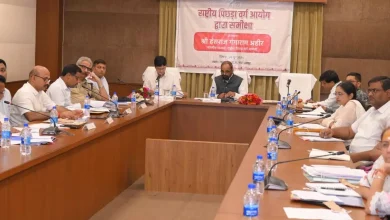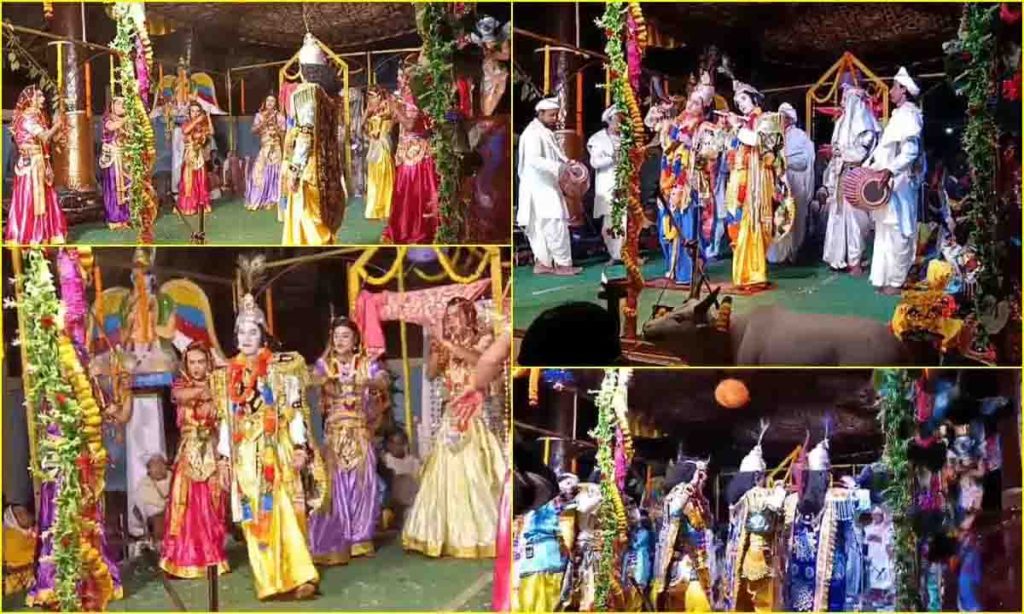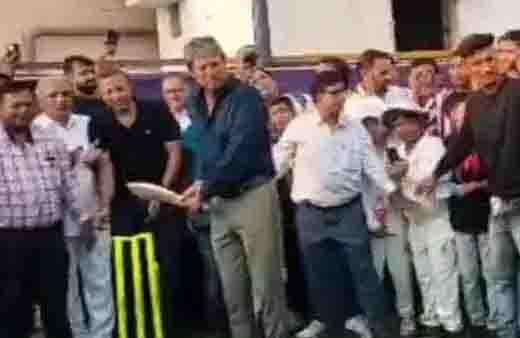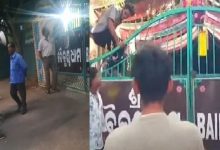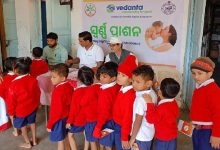Nepal: PM Prachanda’s Visit To India Delayed Till June Due To Internal Reasons
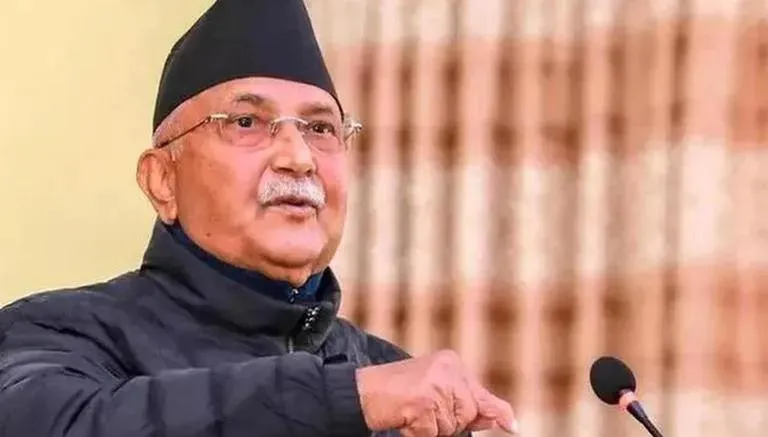
Nepal Prime Minister Pushpa Kamal Dahal Prachanda’s proposed visit to India has been delayed further due to internal reasons, including the jolt in the recent by-polls, and it is unlikely that his first foreign visit will take place before June, according to his top aide.
This is the second time that Prachanda’s visit to India has been postponed due to internal reasons. The visit to India would have been his first foreign trip after he assumed charge as Prime Minister for the third time in December last year.
The proposed visit by the Prime Minister has been further delayed due to internal reasons and it is unlikely that the first foreign visit will take place before June, the aide, who did not want to be quoted, said.
Earlier, the government was busy preparing for Prachanda’s visit to India between May 2nd and the 3rd week.
The results of the recently concluded by-elections in Nepal have also compelled the 68-year-old Prime Minister to rethink the visit in order to maintain the political stability in the country.
Out of three seats for which the by-elections were held this month, the ruling alliance lost two seats, one in Tanhu – 1 and the other in Chitawan – 2. Only Upendra Yadav, president of the Janata Samajwadi Party, managed to win in Bara – 2 with the backing of the ruling alliance.
Rashtriya Swotantra Party (RSP), which has won two seats in the by-election, has made it clear that in the present situation, it will not join the Prachanda-led government and it is reviewing its stance on whether to continue its support to the coalition government from outside or not.
Ravi Lamichhane, a TV journalist-turned-politician, won from Chitawan – 2 while well-known economist Swornim Wagle won from Tanhu – 1. The support from RSP with 21 seats in the House of Representatives will be crucial for the survival of the Prachanda-led government.
The victory for the newly formed RSP was a shameful defeat for the larger parties run by senior leaders. In both constituencies, the Nepali Congress had fielded its candidates with the backing of the ruling alliance.
The new eight-party Prachanda-led alliance includes the Nepali Congress, CPN-Maoist Centre, CPN-Unified Socialist, Nagarik Unmukti Party, Janamat Party, Janta Samajwadi Party, Lokatantrik Samajwadi Party, and Rashtriya Janamorcha.
Meanwhile, the newly-appointed Foreign Minister N P Saud has said that the government is making major preparations to make Prachanda’s forthcoming India visit fruitful.
He said the Nepal government wanted to make the visit fruitful, he told the state-run daily Gorkhapatra.
“We are working on a result-oriented schedule and grand preparations are underway so as to fix priorities,” he said.
“Preliminary discussions among different ministries relating to the Prime Minister’s visit have been completed,” he pointed out.
Saud said the first phase of inter-ministerial discussion under his leadership has already concluded as part of the preparations.
“We will move ahead placing national interest at the focal point with a view to further strengthening our international relations,” Saud, who was appointed as the foreign minister in mid-April, said.
“Nepal has remained stable in the fundamental principles of foreign policy,” he pointed out.
“Nepal has been maintaining close and good relations with both India and China,” he said, adding that “Our relations with other countries in the world are also cordial.” “We will always stick to the principles of non-aligned policy and the principle of Panchsheel,” he said.
“In view of the geopolitical situation, the government is effortful to move forward maintaining further balance in our international relations,” he pointed out.
“As Nepal is graduating to the level of developing countries in 2026, there is a need to make internal as well as external preparations for that reason,” he said.
Prachanda visited India in July last year at the invitation of BJP National President J P Nadda.
Prachanda was sworn in as the Prime Minister for the third time on December 26 last year after he dramatically walked out of the pre-poll alliance led by the Nepali Congress and joined hands with opposition leader K P Sharma Oli.












